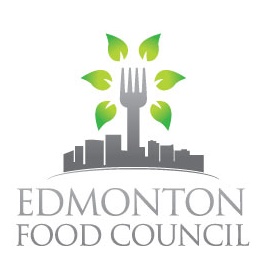
Did you know that pesticides, herbicides and fertilizers can lead to negative environmental effects? When excess chemicals get washed away by rain they can contaminate our rivers and lakes. Also, these chemicals can harm small animals, birds and beneficial insects, like pollinators critical to the success of your garden. You can do your part to reduce environmental impacts by using a few simple and low-cost organic gardening practices at home. As a starting point, you can enhance the quality and structure of your garden soil by adding compost. Organic matter improves soil’s physical properties such as air and water availability and contributes nutrients like nitrogen, phosphorus, and potassium essential for healthy plant and root growth. Before reaching for a chemical, you can also select disease-resistant plants and create a planting plan to ensure crop rotation. The wider the variety of plants you grow, the more biodiverse your garden will be. Diversity will enhance your garden ecosystem by attracting natural predators for unwanted pests. If you notice larger bugs on your plants, hand pick them or better yet, avoid them by using companion planting techniques. Companion planting is a specific way of grouping certain plants together to yield benefits like shade, vertical growing supports, healthy soil, weed suppression and pest deterrents. You can also use barriers like row covers or fences to keep unwanted pests at bay. As a reminder, pesticides, herbicides and fertilizers are prohibited in community gardens on City of Edmonton land, in alignment with the City’s Integrated Pest Management Policy and Herbicide Ban. For more information about controlling weeds on City and private property, visit the City of Edmonton’s website.
